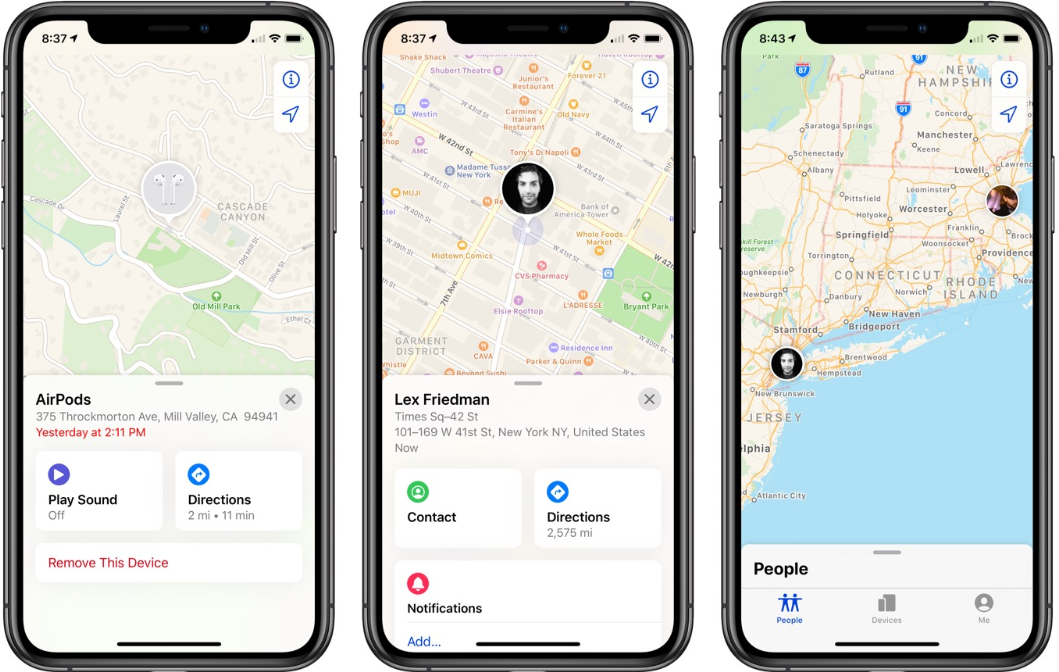Privacy Laws Around the World: What Changed in 2025?

Privacy laws are changing everywhere. As technology grows, so do rules to protect personal data. Businesses need to keep up, or they risk big fines and loss of trust. 2025 brought many new laws across the globe. These updates handle new tech like AI and IoT. They also show how countries are taking control of data, making it harder to move info across borders. Staying compliant means understanding these shifts and adapting fast. This article explores the biggest privacy law changes in 2025 worldwide.
Global Trends in Privacy Legislation in 2025
The Rise of Data Sovereignty Policies
Data sovereignty means data is controlled where it is stored. Countries realize that data is a national asset. More nations are pushing for local data storage laws in 2025. This is to protect citizens and ensure data is not misused.
For example, India’s Personal Data Protection Bill is updating how data is stored and transferred. It adds strict rules for companies handling Indian citizens’ data. Many nations now require personal data to stay within borders. This trend shows each country’s desire to keep control and reduce reliance on foreign servers.
Strengthening Data Privacy Rights for Consumers
People want more power over their data. In 2025, most regions are enforcing rights like access, correction, and deletion.
In the European Union, GDPR pushes for transparency and easy data management. California’s CPRA expands consumer rights and tightens privacy rules. Brazil’s LGPD is also getting stronger, with clearer rules on how companies can use data.
You can read the latest updates from the European Data Protection Board (EDPB), which shares new guidance and enforcement actions.
Cross-Border Data Transfer Regulations
Transferring data between countries is tricky. Countries are rewriting rules for international data flow in 2025. Old rules like adequacy decisions are being replaced with new Standard Contractual Clauses (SCCs).
These changes hit big corporations the hardest. They must ensure compliance when moving data across borders. Many are updating contracts and security measures to meet new standards.
Learn more about this at International Data Transfers Guidance.
The Role of Artificial Intelligence and Machine Learning in Privacy Laws
AI is everywhere now, but it raises new privacy questions. Governments are including AI rules in their laws. They want AI systems to be transparent and fair.
In 2025, companies handling personal data with AI must show how they use it. New rules check if AI respects privacy rights and avoids bias.
For insights, visit the OECD AI Principles, which lay out frameworks for responsible AI use.
Major Privacy Law Revisions and Introductions in 2025
The European Union: Updates to the GDPR
The EU’s GDPR is getting new changes. These tweaks make sure laws stay relevant with tech advances.
For instance, how companies notify about data breaches is clearer now. There are tighter deadlines for reporting incidents. Enforcement is also more strict, with some of the heaviest fines ever issued in 2025.
Google paid a record GDPR fine this year for mishandling user data. The case shows how serious penalties are becoming.
United States: State-Level Privacy Law Developments
More U.S. states are creating privacy laws beyond California’s CCPA. Colorado and Virginia now have their own stricter rules.
Washington and New York are starting to think about national standards. Businesses need to recognize that compliance is no longer a one-state job.
To keep up, companies should use tools like privacy management software and regularly check state-specific regulations.
China: Strengthening Personal Information Protection
China is also stepping up privacy rules. New regulations target data exports and cybersecurity. They focus on protecting national security while respecting privacy.
The Personal Information Protection Law (PIPL) is more comprehensive and strict than before. It emphasizes data security and limits how companies transfer data overseas.
Check out the overview at China’s PIPL info.
Brazil: Updates to LGPD
Brazil’s law has new penalties and rules. Enforcement is sharper now, with clearer rules for consent and data portability.
Companies must now get explicit permission for certain uses of data. They also need to keep better records of how data is processed.
See the official site at Brazil LGPD.
Technological Innovations Influencing Privacy Laws
Privacy-Enhancing Technologies (PETs)
New tech like differential privacy and federated learning is gaining ground. These tools help keep data private while still using it for analysis.
Legal frameworks are now encouraging the adoption of PETs. They act like privacy shields for businesses trying to innovate responsibly.
Learn more at Privacy Tech Trends 2025.
The Impact of Blockchain and Decentralized Data Storage
Blockchain offers a new way to store data. It promises security but also raises privacy questions.
Regulators are trying to catch up with these new tech solutions. Estonia’s e-Residency program is an example of how blockchain can be used safely.
Rise of the Metaverse and Virtual Identities
Virtual worlds collect a lot of personal data. New laws are emerging to protect digital identities and virtual content.
Best practices include encrypting avatars and virtual interactions. Keep virtual space privacy tight to prevent misuse or hacking.
Challenges and Future Outlook
Balancing Innovation and Privacy
Tech pushes forward fast, but privacy laws struggle to keep pace. We face a tough task—to balance new tech benefits with privacy rights.
Experts worry about the risks of unchecked data use. Clear rules are essential to prevent abuse and protect consumers.
Preparing for Continuous Legal Changes
Most companies will need to stay flexible. Regular privacy assessments and updated policies are crucial.
Tools like compliance management software help organizations stay ahead and avoid costly mistakes.
International Cooperation and Standardization
Countries are working together. They want to create common rules for data privacy worldwide.
Efforts like the Global Privacy Assembly aim to harmonize laws and protect data globally.
Conclusion
2025 was a turning point for privacy laws. Countries expanded rights for consumers and increased rules for data flow. Tech advancements like AI, blockchain, and virtual worlds are shaping new legal standards.
Staying ahead means understanding these changes and being ready to adapt. Building strong privacy practices isn’t just about avoiding fines. It’s about earning trust in a world where data is gold.
Key Takeaways
- Major regions are tightening privacy laws, especially in Europe, the US, Brazil, and China.
- New tech like AI and blockchain challenge current laws, prompting updates.
- Businesses must stay alert and flexible to keep compliance in check.
- Protecting consumer data builds trust and safeguards reputation.
Stay informed. Stay compliant. The future of privacy depends on it.






